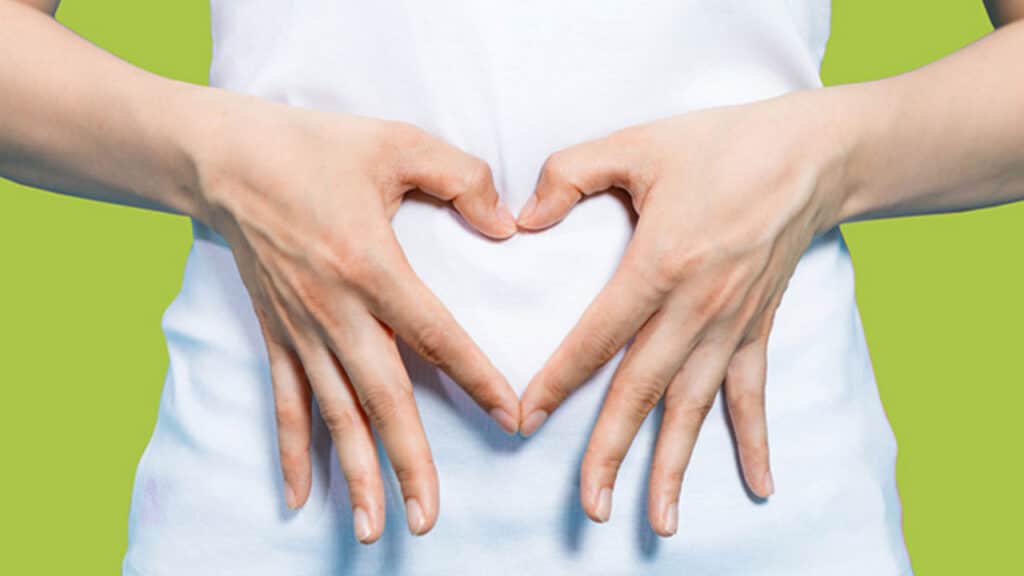It’s pretty incredible when you think about it. Look at that apple or steak or bar of chocolate, then imagine all the things that have to happen to it so it can give you the nutrients you need. In the long, complicated process of the digestive system, so many things have to go right for you to just eat successfully.
It’s easy to consider the digestive system as just being about the stomach or the intestines. After all, isn’t that where most of the work happens? But it actually starts in the mouth, from the moment the food enters your body. Teeth and saliva are both needed to start breaking down the larger, starchier bits of food. That means even brushing your teeth is part of digestive health.
Then you have the esophagus, although it’s much easier to call it the throat. You have to be able to swallow. Now we finally reach the stomach, where stomach acid mostly breaks down protein. Then there’s a journey through the small intestine, where nutrients are broken down even more so they can be absorbed into the bloodstream and carried to the parts of the body where they’re most needed.
Of course, not every part of the food is something you want in your body. By the time it reaches the large intestine, you’ll extract the very last bits of goodness and just be left with the waste. That’s what’s going to be expelled out of the other end the next time you go to the bathroom. And don’t forget the roles of the pancreas, liver and gallbladder in this larger digestive process.
We think a lot about what we’re supposed to eat and how to balance all those different nutrients so they meet our specific needs. That could be energy, building muscle, or ensuring healthy skin and bones or a whole host of other things. But it means nothing if you don’t have a working digestive system to extract those nutrients and make the best use of them.
Happily enough, eating the right food does help your digestive system, too. Fruit and vegetables are essential to keeping everything flowing. Fiber, also found in whole grain bread and cereal, is also incredibly important. Try to avoid too much processed meat or carbs. If you want to minimize the risk of digestive problems, eat well.




